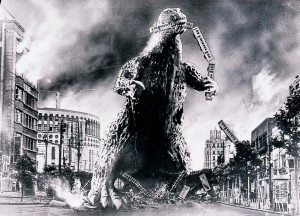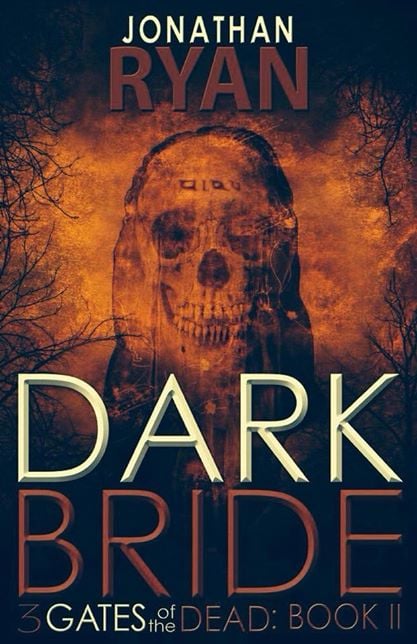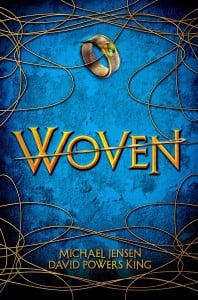Recently, the Protestant word has been rocked with controversies involving a number of significant figures. Mark Driscoll, de facto leader of the “young, restless, and reformed” crowd, has been caught plagiarizing, buying book sales, and being a questionable leader in his church. Over at the Gospel Coalition, a horrendous public split is taking place between Tullian Tchividjian (grandson of Billy Graham) and the leaders of the Coalition. The later asserts it’s a question of theology while Tullian claims it’s because of his outspoken critique of the whole Sovereign Grace debacle. Peter Enns gives a great summary over on his blog.
On the so-called “progressive side”, we have Rachel Held Evans declaring she’s tired of being a rebel and forcing the evangelical world to change. Or Rob Bell going Hollywood and everyone’s intense reactions to that decision. Or Donald Miller’s declaration that he doesn’t go to church much anymore.
The breaking up of Evangelical Protestantism in America is proceeding at the rate of a bullet train racing toward the mouth of  Godzilla.
Godzilla.
You see, everyone wants to be a rebel in Evangelicalism. Everyone wants to throw down the old system and install the new. In doing so, they’ve fragmented to the point that no one in the wider society really cares what they have to say.
As Evangelical Protestants used to be my tribe, I keep tabs on this stuff through news reports or friends. When I look at all the problems, it made me realize one thing I’ve never shared about my journey into the Catholic Church. That is, I came back to Rome because I got tired of my fragmented life. I got sick of being a rebel without a cause.
It is very often difficult to describe this struggle to someone “on the outside,” and why I felt so fragmented. For Evangelical Protestants, every thought is centered on the concept of “The Gospel.” What is that? Well, it depends on who you ask. Basically stated, it’s the idea that Jesus Christ, as the Son of God, died for sinners and was raised from the dead. If you repent, believe, and turn, you can be saved.
So far, so good. I believe every word of that. However, the problem comes in the practical application or, in the terminology of “living out the Gospel.” Everyone (including me), has a specific idea of what that means over a wide variety of topics from popular culture to the environment. It’s okay to have an opinion, of course, but, being someone concerned with the truth, I found it difficult to sort through the mess, including the scattered thoughts of my own head.
I often displayed that scattered way of thinking in public, whether through my preaching or on the various blogs I’ve started in my life. When I read them now, I realize how I kept casting about for an anchor. Indeed, most Protestant blogs are like that. One might even say that blogging is sort of like Protestantism on crack. All of us wrote so called “provocative” things, poking the other side of whatever issue we decided to address, and it became a system of loud clanging symbols. In our rush to be “rebels”, we just created our own tyranny and split apart an already faltering system.
Toward the end, I got tired of that fragmentation. I got sick of the endless debate that never seemed to go anywhere. Everyone, in the end, would claim to appeal to “Scripture” and “The Gospel.” In reality, they appealed to themselves as their own authority.
To be fair, I bought into that completely. I very often mistook my opinion for “The Gospel” and what the “Bible teaches.” In reality, my opinion was only Christ-like in the most superficial ways. In the end, I got tired of always appealing to myself as an authority. As a so-called evangelical rebel, I became my own little dictator.
This is at the root of the recent Protestant controversies. Everyone wants to appeal to themselves and disguise it as being “Biblical.” Whether it’s Rachel Held Evans declaring she can’t be an Evangelical anymore or John Piper dismissing Rob Bell in a Tweet, the assumption is always the same.
Many of my friends were more than a bit astonished when I chose the Roman road. One of them said, “I always thought you would pick the way of the Emergent Church and Rob Bell; do your own thing.” In a way, they are right. That sort of thinking does appeal to me. I’m a rebel who hates to be told what to do. I’ve got serious issues with authority, at least, authority used in a stupid way.
Yet, in the end, everyone bows to an authority, no matter how open-minded people think they are, or, (that useless word) “enlightened.” It’s grimly humorous to see how people declare their complete “thought freedom” while parroting their favorite blogger, rebel rouser, or leader.
Everyone has their own popes, you see.
So, in the end, I knew I must bow the knee to the Catholic Church. I needed a full, comprehensive system of thought centered on the Lord’s Body and Blood. No matter what scandals, fights, and divisions happen in the church, all of us come together at communion. All of us know we are part of something bigger than ourselves. Even more important, we know the complete freedom that comes from obedience to Christ and the long history of the Catholic Church. We can be free to be artists, writers, environmentalists, business people, janitors, teachers, or whatever God calls us to be.
 Even more, the church is a place for rebels to the world system, a place with a long history of resistance. Look at the catalog of saints, and you will see a place for oddballs, rebels, and outright defiant types.
Even more, the church is a place for rebels to the world system, a place with a long history of resistance. Look at the catalog of saints, and you will see a place for oddballs, rebels, and outright defiant types.
To be a real rebel, you have to present an alternative system. You can’t just stand against things for the hell of it. Something must take it’s place. When I was Evangelical, I kept trying to rebel, but I never had a coherent system of thought that would have added strength. In the end, I was just rebelling against other rebels without a clue.
As a Catholic, I feel like I can now be a coherent rebel. Yeah, I’m now truly home. I can now shake my fist and point to a better way.











